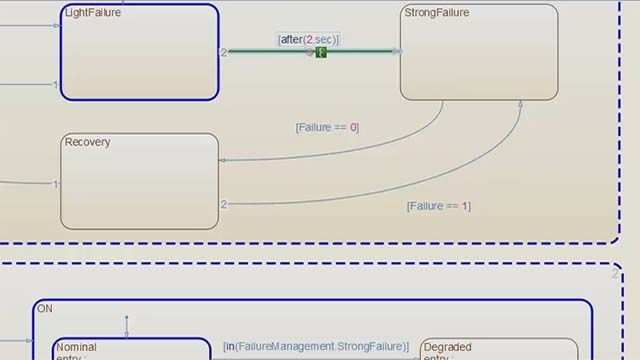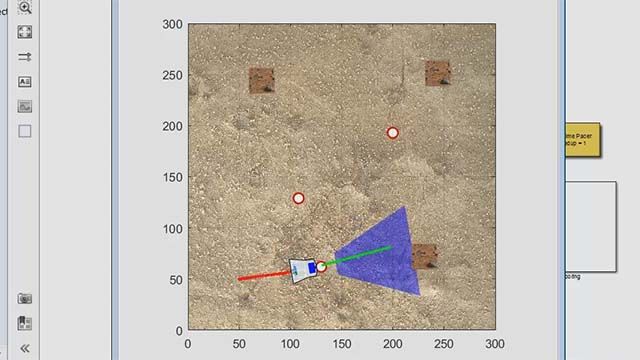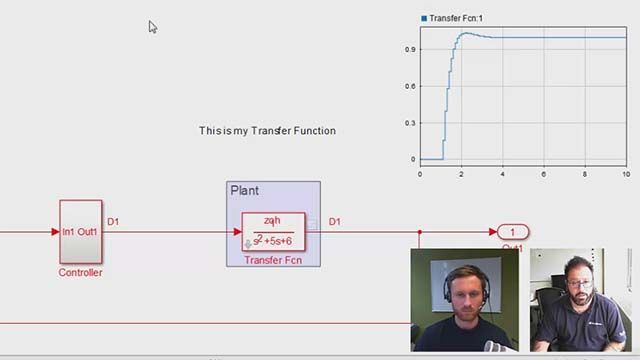How to Train Your Robot (with Deep Reinforcement Learning)
Artificial Intelligence (AI) is transforming automated systems, from voice assistants and chatbots, to self-driving cars and robots. AI systems have the capability to learn and adapt as they incorporate experiences, in order to enhance their predictive abilities.
Deep learning is a subset of machine learning, in which artificial neural networks, algorithms inspired by the human brain, learn from large amounts of data. Deep learning has disrupted the world of machine learning, allowing deep neural networks to achieve near or better accuracy than humans in a variety of tasks such as image classification, speech and hand writing recognition, and autonomous driving.
Reinforcement learning is revolutionizing the applications of deep learning –from playing and beating the best human players at video games to training robots to accomplish complex, technical tasks. Reinforcement learning involves learning what to do (mapping situations to actions) to maximize a numerical reward signal. It has successfully trained computer programs to play games (such as Go and StarCraft II) better than the world’s best human players. These programs find the best action to take in games with large state and action spaces, imperfect world information, and uncertainty around how short-term actions pay off in the long run. Engineers and scientists face the same types of challenges when designing real systems like controllers. Can reinforcement learning also help solve complex control problems like making a robot walk or driving an autonomous car?
In this talk, we aim to answer this question by explaining what reinforcement learning is in the context of traditional control problems, showing how to generate simulation data, setting up and solving the reinforcement learning problem, and allowing a virtual robot to learn complex tasks, like walking, using deep reinforcement learning.
Recorded at Big Things Conference 2019.
Published: 29 Jan 2020





